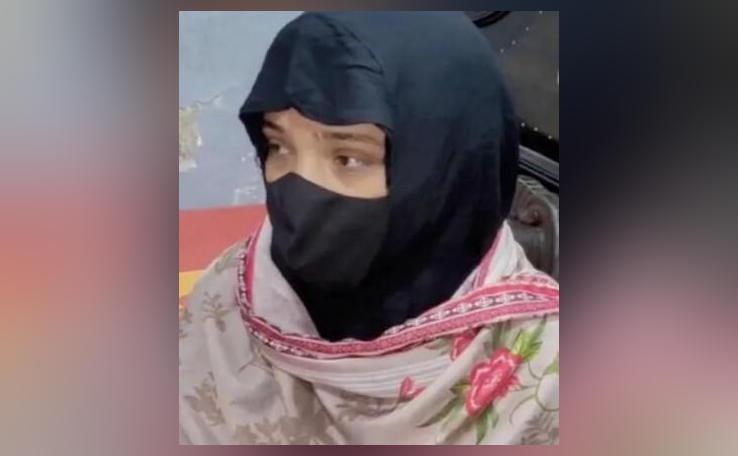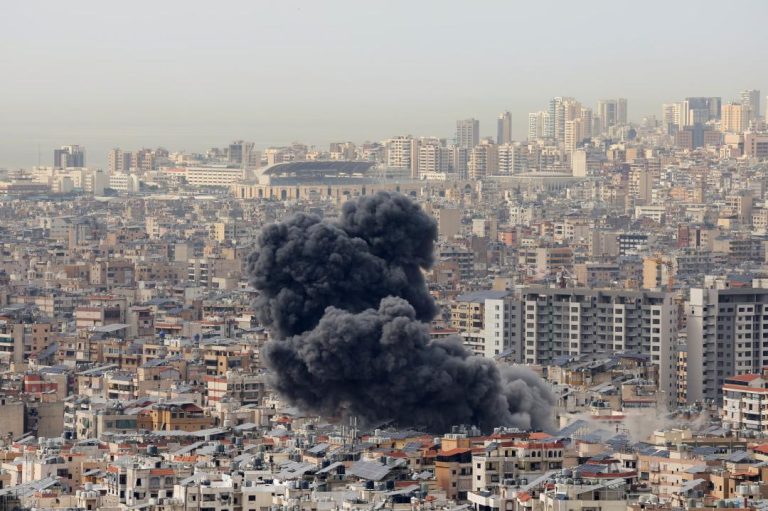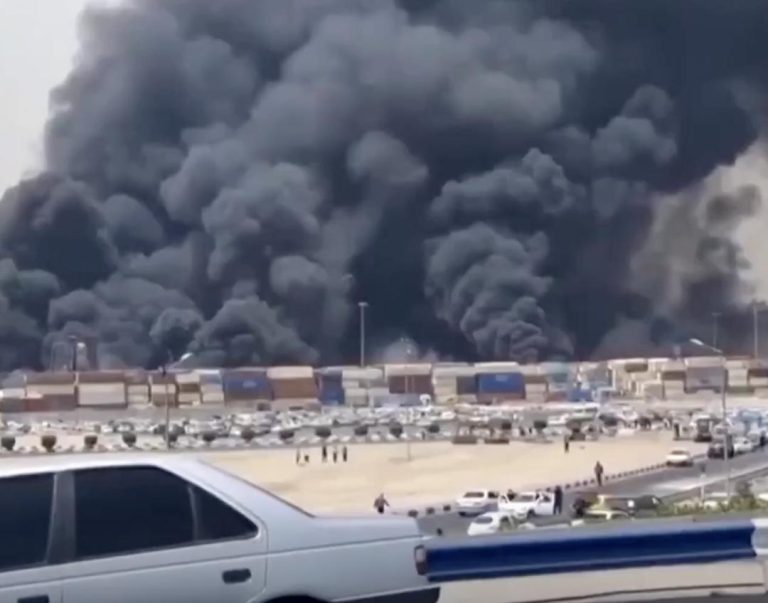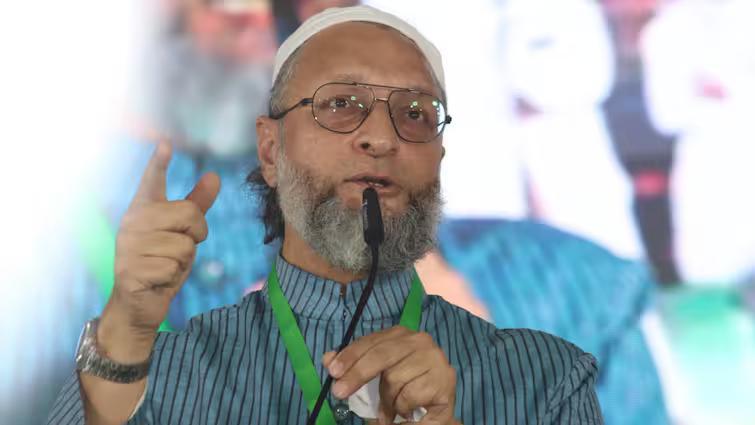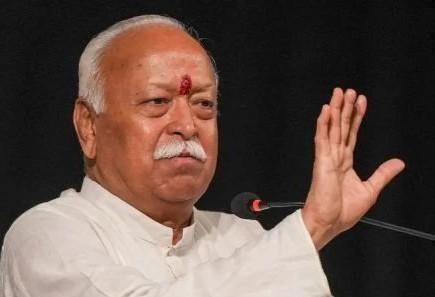
Title: If someone turns to evil then we’ll teach lesson: Bhagwat on J&K attack
Introduction:
In the wake of the recent terror attack in Pahalgam, Jammu and Kashmir, RSS chief Mohan Bhagwat has sparked a controversy with his statement on teaching a lesson to “oppressors and hooligans”. While non-violence is India’s religion, Bhagwat believes that if someone is bent on being evil, then it is the duty of the government to take necessary measures to protect its citizens. In this blog post, we will delve into the context of Bhagwat’s statement, explore the implications of his words, and examine the response from various quarters.
The Context:
The terror attack in Pahalgam, which claimed the lives of three civilians, has sent shockwaves across the country. The incident has raised questions about the effectiveness of the security apparatus in Jammu and Kashmir and the government’s handling of the situation. Against this backdrop, Bhagwat’s statement has generated a lot of debate and controversy.
Bhagwat’s Statement:
In a video statement, Bhagwat said that non-violence is India’s religion, but so is teaching a lesson to “oppressors and hooligans”. He added that the king’s duty is to protect his people, and he will do his duty. Bhagwat’s statement has been interpreted in different ways, with some seeing it as a call for violence and others as a reminder of the government’s responsibility to protect its citizens.
Implications of Bhagwat’s Statement:
Bhagwat’s statement has sparked a heated debate, with some arguing that it is a dangerous and irresponsible statement that could lead to further violence and bloodshed. Others have defended Bhagwat’s statement, saying that it is a reminder of the government’s duty to protect its citizens and that non-violence is not always an effective strategy against terrorism.
Response from Various Quarters:
The response to Bhagwat’s statement has been mixed, with some political leaders and civil society organizations condemning his words, while others have defended him. The Jammu and Kashmir government has also responded to Bhagwat’s statement, saying that it is the duty of the government to protect its citizens and that the security forces are doing their best to maintain law and order in the state.
The Debate:
The debate surrounding Bhagwat’s statement is complex and multifaceted. Some argue that his statement is a reminder of the government’s duty to protect its citizens and that non-violence is not always an effective strategy against terrorism. Others argue that Bhagwat’s statement is a call for violence and that it is irresponsible and dangerous.
Conclusion:
In conclusion, Bhagwat’s statement on teaching a lesson to “oppressors and hooligans” has sparked a heated debate and controversy. While some have defended his statement, others have condemned it as a call for violence. The debate surrounding Bhagwat’s statement is complex and multifaceted, and it is essential to consider the context and implications of his words.
Source:
